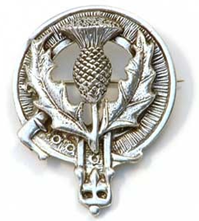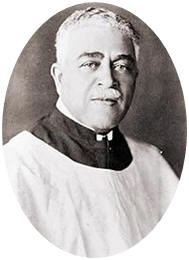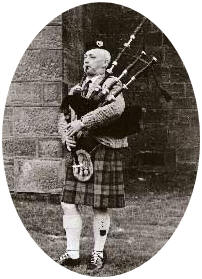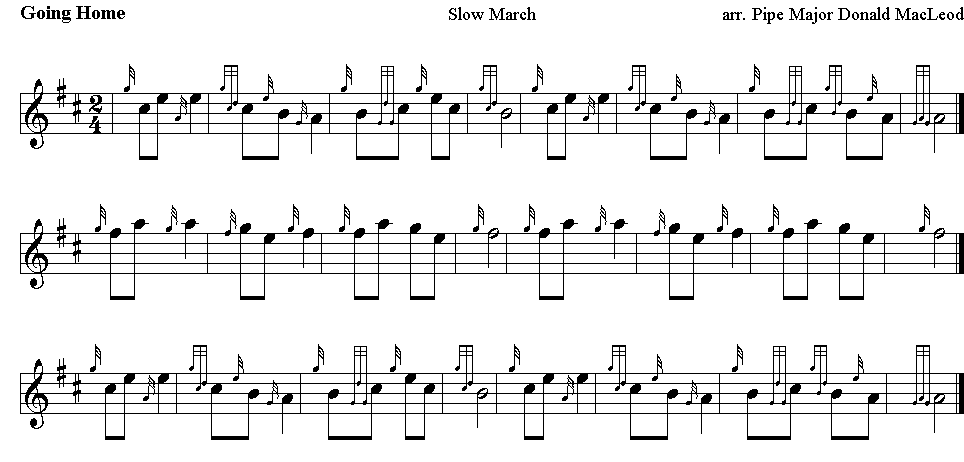Going Home
is an African American
folk spiritual that
became the theme of
Dvořák’s New World
Symphony because of
influence of Harry
Thacker Burleigh (shown
above). Burleigh
(December 2,
1866–December 12, 1949),
a baritone, was an
African American
classical composer,
arranger, and
professional singer. He
was the first black
composer to be
instrumental in the
development of a
characteristically
American music and he
helped to make black
music available to
classically-trained
artists both by
introducing them to the
music and by arranging
the music in a more
classical form.
Burleigh was born in Erie, Pennsylvania. With the aid of a scholarship
(obtained with the help
of Francis MacDowell,
the mother of composer
Edward MacDowell),
Burleigh was accepted to
the prestigious National
Conservatory of Music in
New York,
eventually playing
double bass in the
Conservatory's
orchestra. In 1893, he
assisted the Czech
composer Antonín Dvořák.
Most of the work that
Burleigh did for Dvořák
was copy works,
transferring the
manuscript of Dvořák's
9th symphony for various
instruments. However,
Burleigh's role in
introducing Dvořák to
African American folk
music was substantial.
It was written that "The
first time a Negro song
became a major theme in
a great symphonic
work... was in 1893,
when Antonín Dvořák's
New World Symphony
was played."




